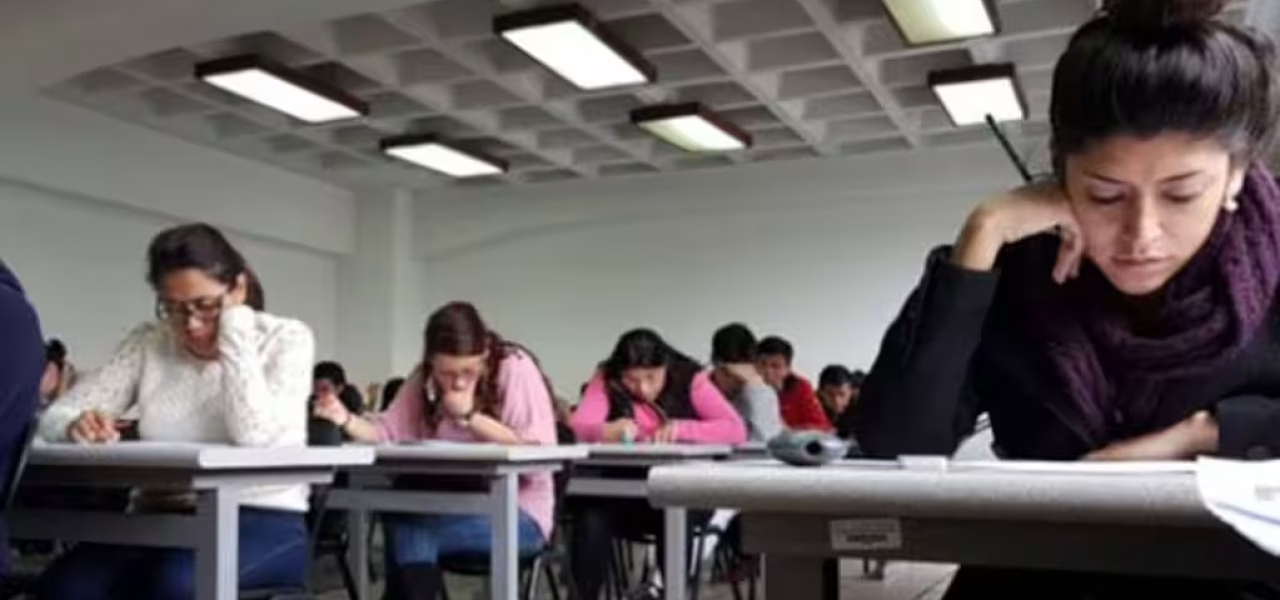In Mexico, being an intern is almost a rite of passage. Thousands of youths perform this role hoping to acquire experience , but they are doing it in a system that does not recognize their full labor rights. The lack of a specific regulation has permitted, in the name of training, that a model that borders on covert exploitation be perpetuated.
“The law ignores them, but the market uses them”, said labor lawyer Claudio Martínez Santistevan, associate at the De la Vega & Martínez Rojas, S.C. Law Firm, who was consulted for this paper. “These days an intern could be performing duties that are identical to those of a formal employee, with no salary, no social security or any legal protection whatsoever”, he states.

Between Training and a Substitution for Jobs
The underlying problem is the lack of legal definition. Although instruments like the Regulations for the Provision of Social Service, or the Federal program Youths Building the Future exist, the role of the intern is not formally recognized in the Federal Labor Law (LFT). This void has made it possible for many employers to use interns to cover actual positions, thus avoiding the payment of salaries, IMSS [Mexican Social Security Institute] dues or interns’ generating seniority.
According to Article 7 of the Social Security Regulations, the objective for interns is educational, not labor-related. But as Martínez Santistevan points out, “when the training plan is substituted for production tasks, for benefit of the employer, the relationship legally becomes an employment relationship in accordance with Article 20 of the Federal Labor Law.”
Concerning Figures
Even though there is no precise data on the total number of active interns in Mexico, it is estimated that at least 500,000 youths participate each year in training programs, whether professional practices, social service, or employment scholarships.
According to data from the STPS [Department of Labor and Social Welfare], the Youths Building the Future program alone has mobilized more than 2.4 million apprentices since its creation, with monthly scholarships of around 6,000 pesos. However, outside of this program, the majority do not receive any compensation, much less health insurance or development plans.
Rights on paper, but not in Practice
In theory, interns should have a clear training plan, professional supervision, incentives, and work in decent conditions. This is mandated by Article 8 of the Social Service Regulations, as well as in the Operating Regulations of the Youths Building the Future program.
But in practice, the testimonies that have been obtained reflect another reality: long hours, operational tasks, and no institutional support. “I was an intern for six months at a federal agency and they treated me like one more secretary, even with overtime”, says Mariana, a graduate in Communication from the UNAM.
Claudio Martínez says that many interns could demand the acknowledgment of an employment relationship if there was juridical or legislative disposition. “Article 123 of the Constitution protects all subordinate workers, regardless of the title they are given their contract,” he emphasizes.
Duration, Working Hours, and Abuses: The Gray Areas of the System
The Regulations establish a minimum of 480 hours for social service, while the regulations of the Federal program establish a maximum duration of 12 months, with 5 to 8-hour workdays. Exceeding this limit, according to Martínez, “undermines the educational nature of the program and creates an employment relationship that must be remunerated.”
Additionally, Article 7 of the Regulations is clear: social service must not fill employment needs. Many public institutions, however, take advantage of the intern’s work in order to cover administrative, technical, or even operational tasks.
An Intern for Life? The Risk of Permanent Precariousness
The greatest danger is the normalization of internships as a permanent state, without transitioning into formal employment. The absence of a clear transition path leaves thousands of youths trapped in an “eternal training” circle, with no access to benefits or actual professional growth.
Turning the intern into a permanent role contradicts the principle of stability in employment, Martínez warns, and can be considered a violation of Article 123 of the Constitution. “It is unacceptable to have young people spend years in “training” with no rights or a guaranteed employment future.”
The European Mirror: Why does Regulation Work?
Spain and France offer models that could inspire a Mexican reform. In both countries, apprentices are protected by special contracts, with progressive salaries, medical insurance and clear time limits. In France, the contrat d’apprentissage (apprenticeship contract) is regulated by the Code du Travail (Labor Code), while the contrato para la formación y el aprendizaje (contract for training and learning) exists in Spain, within the Workers’ Statute.
“Mexico needs a similar model, in which the intern is recognized as an apprentice with rights, not as a free resource”, the lawyer maintains.
The Pending Reform: Steps for Bringing Dignity into Learning
A comprehensive proposal should include, as a minimum:
- Legally defining what an intern is, differentiating them from volunteers, clerks, or temporary employees.
- Establishing a maximum duration and forbidding consecutive renewals.
- Demanding the official registration of training plans with the STPS or universities.
- Guaranteeing mandatory health insurance.
- Penalizing the use of interns to cover job positions.
Only in this manner, Martínez asserts, can apprenticeships be prevented from being a legal disguise for hiding precariousness.
Learning is Also Work
Interns represent an invisible generation in Mexican labor law. They contribute, work, learn, and are productive… but without legal recognition. Regulating this modality is not a concession, it is a structural debt with youth.
As the specialist points out, “it is not about eliminating the training programs, but about guaranteeing that this training does not become exploitation. The work of the future cannot continue to rest on models from the past.”



